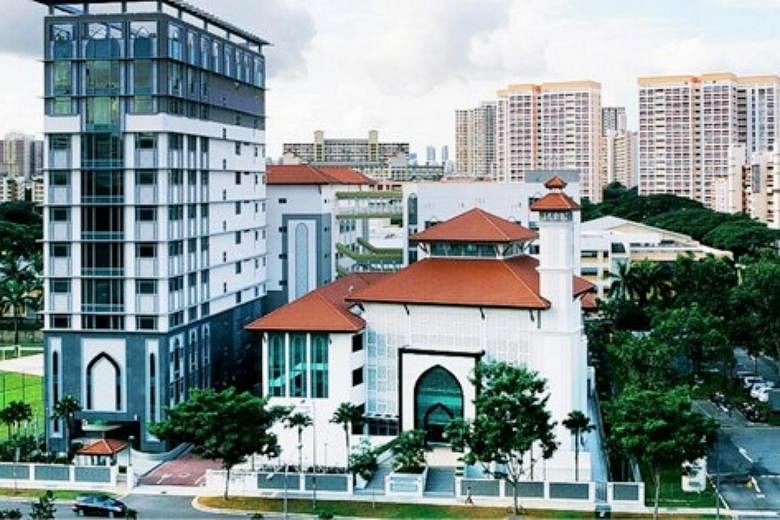SINGAPORE - The Islamic Religious Council of Singapore (Muis) will have greater say over the appointment of trustees of endowment properties, under proposed changes to the law governing Muslim affairs in Singapore.
This is one of several proposed changes to the Administration of Muslim Law Act (Amla), which the Government is seeking public feedback on.
One of the key changes will require Muis' approval to be given in writing before a new trustee can be appointed to a wakaf, or an endowment of property bequeathed by Muslims.
This will safeguard Muis' responsibility to administer all wakafs, the Ministry of Culture, Community, and Youth (MCCY) said in a consultation paper uploaded on its website and that of Government feedback unit Reach.
Another change will require Muis' consent before any court proceedings on the removal or appointment of wakaf trustees can be started.
The ministry cited a High Court case last year, in which trustees of the Valibhoy Charitable Trust wakaf sought to remove and replace another trustee. The court struck out the application as it held that jurisdiction to do so rested solely in Muis.
"The proposed amendment seeks to ensure that Muis is apprised of any trustee disputes, and where possible it may try to resolve these at the outset so that the continued management of the wakaf is not affected," MCCY said.
Wakafs will also need to establish a separate sinking fund for the future maintenance of the properties.
The proportion of monies that will go into the sinking fund will be determined by Muis according to the income level of the wakaf and the needs of its beneficiaries, but will not exceed 20 per cent of the wakaf's annual net income.
Amla provides for the establishment of Muis, the Syariah Court, and the Registry of Muslim Marriages, as well as for the administration of mosques and wakafs.
MCCY said the Government, in consultation with community partners and stakeholders, regularly reviews the Act to ensure this unique piece of legislation is robust and relevant, stays up-to-date with new programmes and processes, and serves the needs of the Muslim community.
"The proposed amendments this year seek to reinforce Muslim institutions, enhance the management of Muslim assets, and strengthen Muslim families," it added.
One key measure to strengthen families involves requiring couples where one party is below 21 years old to attend a marriage preparation programme approved by the Ministry of Social and Family Development before they can tie the knot.
This aims to help raise couples' awareness of potential challenges and adjustments in marriage, to guide them in managing these issues, and to highlight the available support programmes after marriage.
Such couples will also have to obtain the consent of their parents to get married.
As for those planning to divorce, a current requirement for parties to be referred to counselling or a family support programme at any stage of the proceedings will be enshrined.
This aims to instil a more "child-centric" approach during the proceedings, MCCY said.
A draft of the Administration of Muslim Law Act (Amendment) Bill is available on the websites of MCCY and Reach. The public has until 6pm on April 13 to submit their comments by e-mail or post to MCCY.


